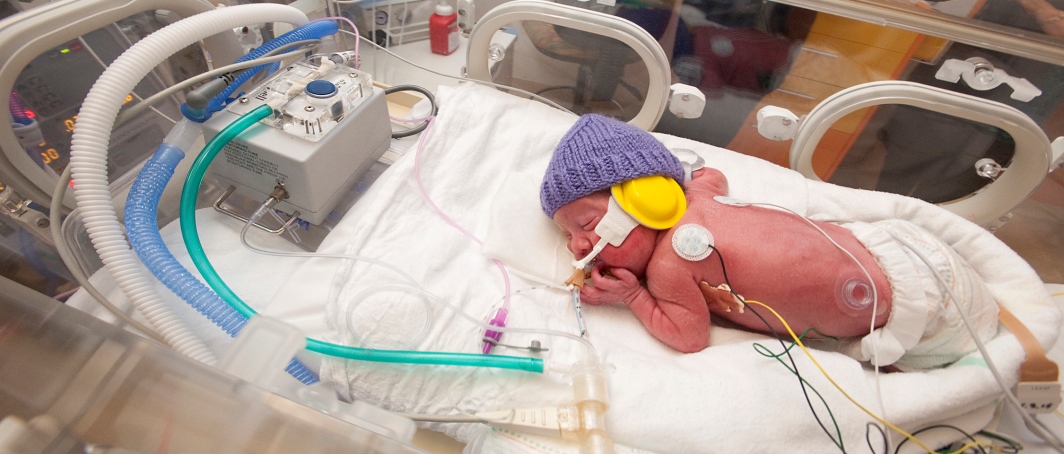Research overview
This project aimed to improve the health of babies at risk of preterm delivery in Western Australia by developing a new, rapid diagnostic test for fetal lung maturation status that can be used to inform clinical decision making around antenatal steroid administration.
In Western Australia, preterm birth is the leading cause of death in children up to five years of age. One in 12 babies born each year in Western Australia are preterm.
Antenatal steroids are given to more than 90% of women at risk of preterm delivery to mature the preterm lung. Steroids are potent drugs that modify development of the fetal lung, but also have a wide range of off-target effects. Antenatal treatment efficacy is highly variable, and as many as 50% of all fetuses exposed to antenatal steroids do not derive any benefit – but do have an increased risk of harms including growth restriction and abnormal brain development associated with childhood learning difficulties.
Using a sheep model of pregnancy this project was able to identify difference in cell-free fetal RNA (cfRNA) signal patterns between fetuses with mature vs immature lungs to accurately predict fetal lung maturation.
It will allow us to target important antenatal steroid treatment to those in need (i.e. with immature lungs) but spare the significant percentage of babies that would otherwise be needlessly exposed to potential harm.
In doing so we will significantly improve the health outcomes for a significant percentage of WA children.
Project researchers
Erin Fee
Dr Sean Carter
Professor Matt Kemp
Partners
The University of Western Australia
Tohoku University, Sendai, Japan
National University of Singapore
Funders
Channel 7 Telethon Trust
Project timeline
2022 – 2023



